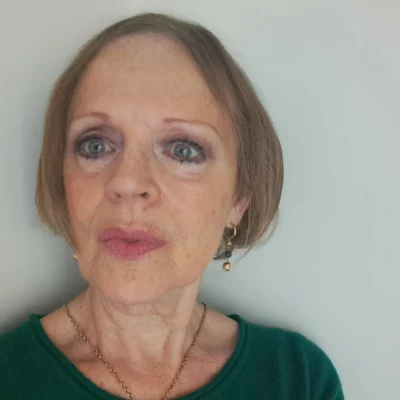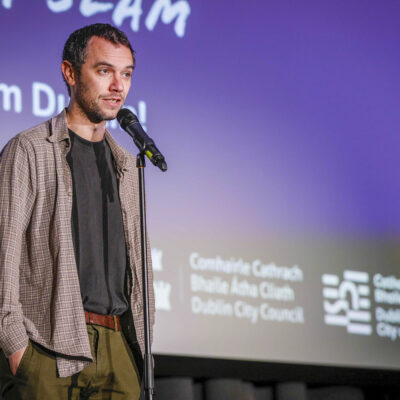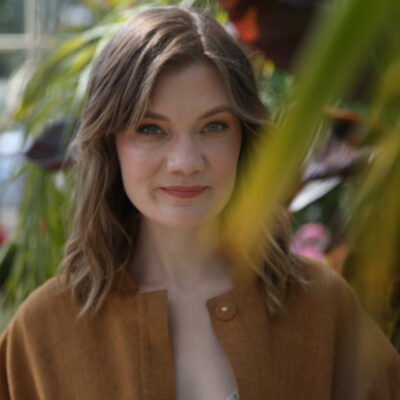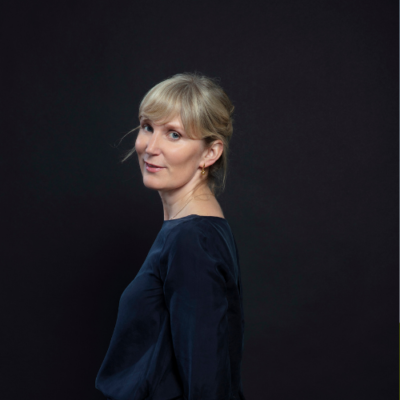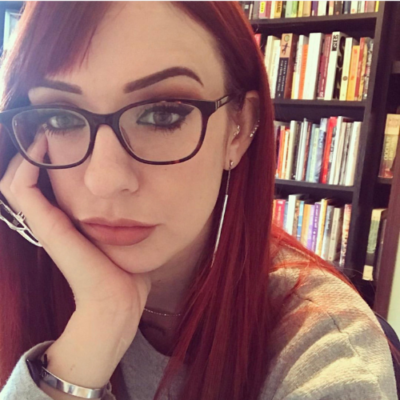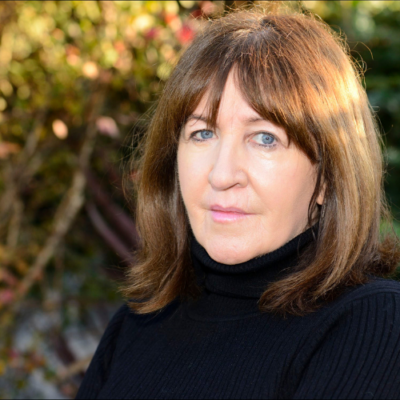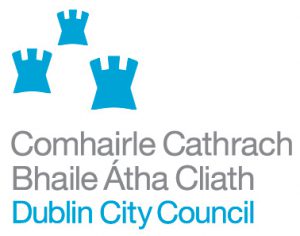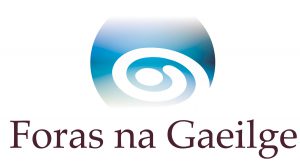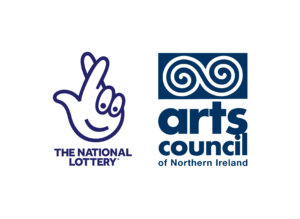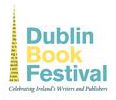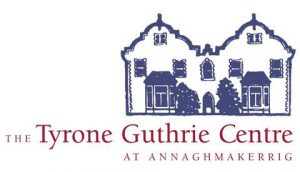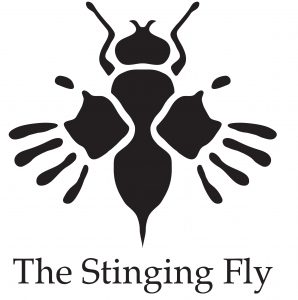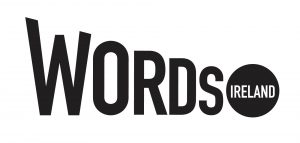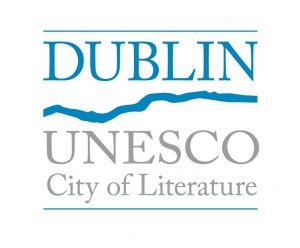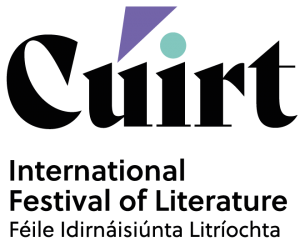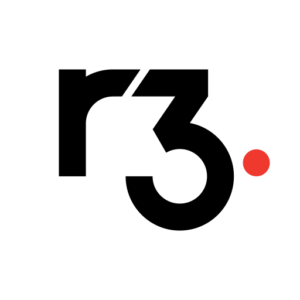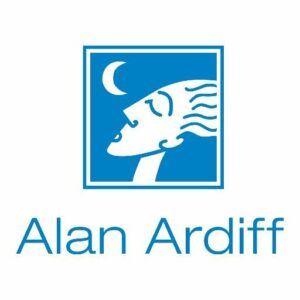
Flash Fiction Point-of-View Deep Dive with Marie Gethins
Info
Date: July 2, 2024
Time: 6.30 pm - 8.30 pm
Duration: 4 weeks
Level: Beginner |
Cost: €120 (€108 Members)
This course will take place online on Tuesdays for four weeks
Course Summary
One of the most effective devices in the literary toolbox, point-of-view’s effect is heightened by the distilled nature of flash fiction. In this course, participants will explore using first, second, third, and multiple perspectives to shape reader understanding and interactive participation. Focusing on a specific perspective each week, examples will be drawn from a variety of styles, read and discussed. Short bursts of prompt-based writing time will generate initial drafts, with students having the option to submit a full draft for a comprehensive critique after course conclusion.
Course Outline
Week 1: First Person. Providing immediacy, first-person singular or plural draws the reader into the scene but is limiting. This double-edge can be used effectively to guide and mis-guide the reader in interesting ways. Protagonist, minor character, unreliable narrator and observer viewpoints will be considered. Prompts provide participants the opportunity to test their own interpretations.
Week 2: Second Person. Difficult to sustain in longer prose forms, second person can be extremely effective in flash fiction. Tricky to execute, participants will learn how to avoid gimmicky pitfalls of this voice. Prompts will provide participants the opportunity to test their own interpretations.
Week 3: Third Person. One of the most common perspectives, it can provide a broad overview, but often can leave the reader feeling detached. Participants will learn techniques to give a fresher angle on use of this reliable point-of-view. Writing prompts inspire participants to explore third person to enrich their flash.
Week 4: Multiple Perspectives. Reading and analyses of flash fiction will focus on multiple perspectives. How to succinctly channel different voices for a cohesive piece that is more than the sum of its parts. Prompts provide participants the opportunity to test their own interpretations.
Course Outcomes
Participants will gain craft techniques through understanding how point-of-view choice affects content and reader interpretations. Post-course individual critiques are available to participants on up to 1000 words of material generated during the workshop.
Marie Gethins work features in Bristol Short Story Prize, NFFD Anthologies, Banshee, Fictive Dream, Pure Slush, Bath Flash Fiction Anthologies, FlashBack Fiction, Jellyfish Review, Litro, The Cormorant Broadsheet, Australian Book Review and many others. Selected for Best Microfictions, BIFFY50, Best Small Fictions, she is the flash fiction editor for Banshee, co-edits for flash ezine Splonk., and critiques for Oxford Flash Fiction Prize.
Booked out? To be added to the waiting list for this course, please email info@irishwriterscentre.ie.


